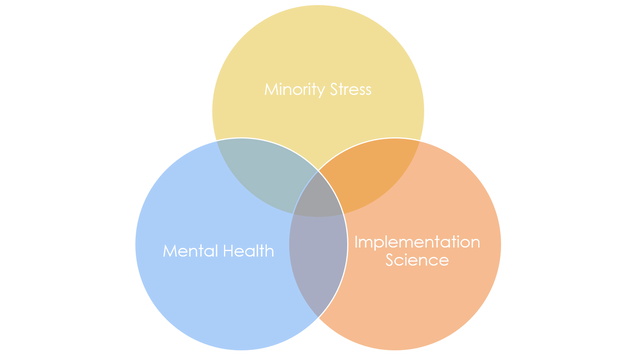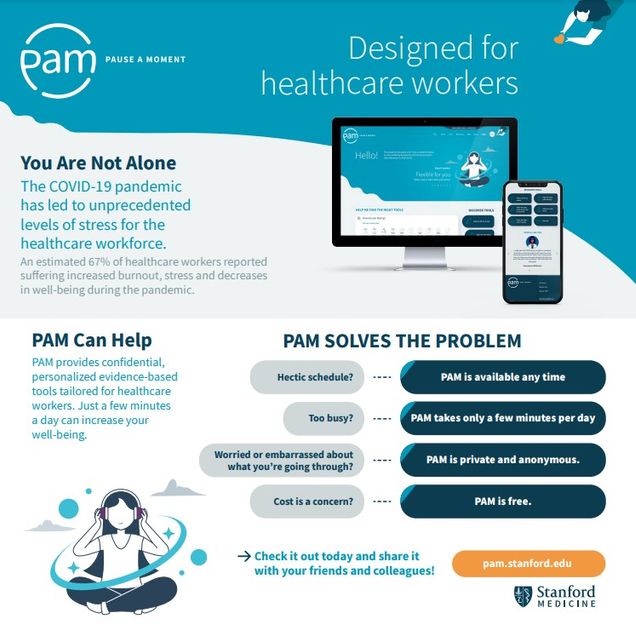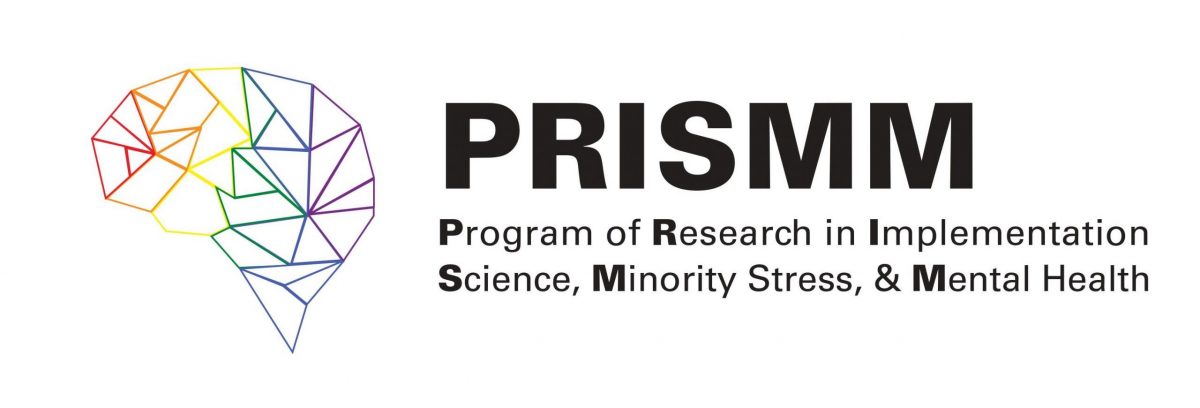PRISMM Mission
To improve quality of mental health treatment for diverse and underserved populations. To do this, we focus on: (1) conceptual research to understand the intersection between discrimination and trauma; (2) stakeholder-engaged tailoring of existing evidence-based treatments; (3) addressing system-, provider-, and patient-level barriers to implementing evidence-based treatments; and (4) conducting effectiveness studies on the application of evidence-based treatments in real-world settings.

Current Projects
We have several ongoing projects that aim to improve mental health in diverse communities.
Follow the links below to learn more!
- I-STEP at BMC: NIMH-funded pilot study that aims to test the effectiveness and implementation of a brief coping skills intervention for PTSD in primary care. (PI: Valentine)
- Treatment: Skills Training in Affective and Interpersonal Regulation (STAIR) and webSTAIR for PTSD
- TAP Study: NICHD-funded study that aims to test the effectiveness of a brief exposure-based therapy for PTSD among pregnant women receiving obstetrical care. (PI: Nillni)
- Treatment: Written Exposure Therapy (WET) for PTSD
Past Projects
- MAP Study: Grayken Center for Addiction funded pilot study to test the effectiveness and implementation of a brief exposure-based therapy for PTSD among pregnant women in a high risk obstetrics-addictions clinic. (PIs: Valentine, Nillni)
- Treatment: Written Exposure Therapy (WET) for PTSD
- TGD Trauma & Resilience: Mixed-methods study funded by the Gennaro Acampora Junior Investigator Pilot Award aimed at developing an integrated conceptual framework for minority stress and traumatic stress experiences among transgender and gender diverse people. Findings will inform guidelines for affirming PTSD assessment and future treatment development and adaptation. (PI: Valentine)
- Peer-to-Peer Coping Skills for Trauma: BU-CTSI funded pilot study aimed at testing tailoring and pre-testing a peer-delivered adaptation of a brief coping skills intervention for PTSD. Findings support the effectiveness of the intervention when delivered by peers, and informed guidelines for treatment adaptation, and best practices for training and consultation of peers. This program is currently being offered through the Metro Boston Recovery Learning Community. (PI: Valentine)
- Treatment: Skills Training in Affective and Interpersonal Regulation (STAIR) for PTSD
Resources
-
REcovery from Stress and Trauma through Outpatient care, Research, and Education (RESTORE) Center: RESTORE provides cognitive behavioral treatments for posttraumatic stress disorder (PTSD) and services focused on resisting oppression-based stress
- Pause a Moment (PAM): PAM provides healthcare workers with free, brief, personalized tools to help with stress and stress injury symptoms. You can use PAM privately and confidentially–none of your personal information will be shared with anyone. More information is available in this video. You can access PAM here on a desktop computer, tablet, or smartphone anytime. A tool or exercise can be as short as one minute. Register using this organization codes BMC: 719 and BUMG: 951. Click here to get started.

